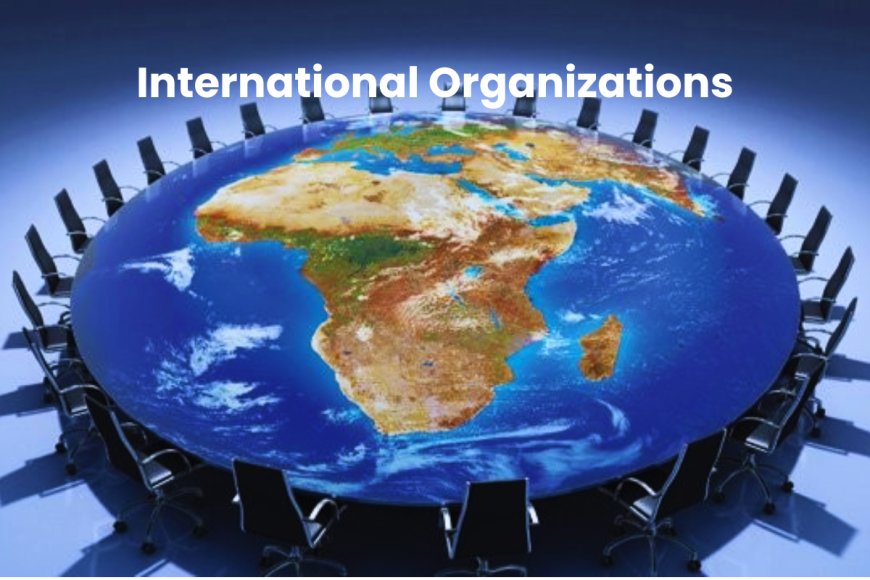International Organizations: Fostering Global Unity and Progress
International Organizations

In a world interconnected by technology and trade, international organizations stand as pillars of unity, cooperation, and progress. These entities play a pivotal role in fostering collaboration among nations and addressing global challenges. Let's delve into the realm of international organizations to understand their significance and impact on shaping our world.
Introduction to International Organizations
International organizations, often referred to as IOs, encompass a diverse array of entities established by states or individuals to facilitate cooperation on a global scale. Their primary purpose revolves around fostering dialogue, promoting peace, advancing common interests, and addressing transnational issues.
Types of International Organizations
There are primarily two types of international organizations: Intergovernmental Organizations (IGOs) and Non-Governmental Organizations (NGOs). IGOs, such as the United Nations, operate at an inter-state level, focusing on political, economic, and social cooperation among member nations. Conversely, NGOs, like Amnesty International, operate independently from governments, focusing on humanitarian aid, advocacy, and specific causes.
Key Functions of International Organizations
These organizations serve multifaceted roles, including peacekeeping, conflict resolution, humanitarian aid, and fostering sustainable development. Through peacekeeping missions and conflict resolution efforts, they strive to mitigate tensions and promote stability in volatile regions worldwide.
Prominent International Organizations
The United Nations, a cornerstone of global diplomacy, orchestrates collaborative efforts in peacekeeping, human rights, and sustainable development. Similarly, the World Health Organization champions global health initiatives, while the Red Cross and Red Crescent Societies provide critical humanitarian aid during crises.
Challenges Faced by International Organizations
Despite their noble pursuits, international organizations encounter formidable challenges. Political disparities among member nations, funding constraints, and varying ideologies often impede their effectiveness in addressing global issues.
Impact of International Organizations
The impact of these organizations is profound and far-reaching. They foster global economic stability, advocate for human rights, and contribute significantly to societal well-being through initiatives in health, education, and poverty alleviation.
The Future of International Organizations
As our world evolves, international organizations must adapt to emerging challenges such as climate change, cybersecurity, and geopolitical shifts. Their agility in addressing these issues will define their relevance and impact on future global dynamics.
Conclusion
International organizations play an indispensable role in shaping a world of unity, progress, and cooperation. Their tireless efforts in fostering peace, advancing development, and addressing global challenges underscore their significance in our interconnected world.
What's Your Reaction?





























































































